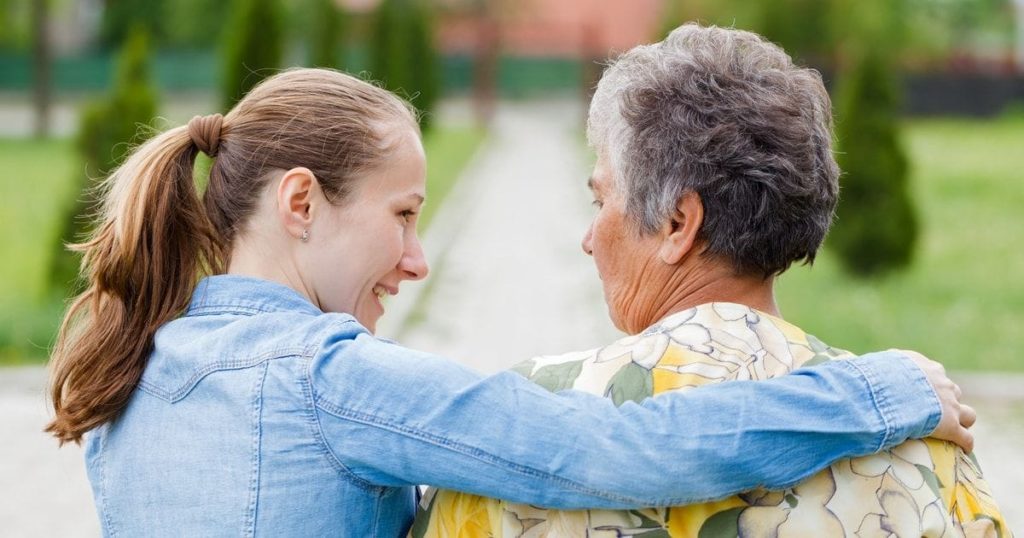No one expects to see anorexia symptoms in seniors, which is why they often go undetected. Unusual eating patterns may be noticed, but it never occurs to family members or friends that an eating disorder might be the problem, since these conditions are usually diagnosed in much younger people — or so it is assumed. But this assumption is wrong. If you don’t think eating disorders are common among the elderly consider this: almost 80% of those who die from anorexia nervosa in the United States are 65 or older, and elderly women make up the large majority of these victims.
Causes of Anorexia in Seniors
As we age, our metabolism slows and it is natural to begin eating less as a result. But in elderly eating disorder sufferers, the process is accelerated, and it sometimes takes on a dangerous and unstoppable momentum. Some of the complicating factors that lead to full-fledged eating disorders in the elderly include:
- Depression. Loss of the desire to eat is often a side effect of depression, and over 6 million American seniors are known to suffer from serious depression.
- Medication. Many prescription medications suppress appetite, and because many elderly Americans take multiple pharmaceutical drugs, the effect can be especially pronounced.
- Physical problems. Many seniors have physical pains or maladies that make eating a less-than-pleasant experience (stomach troubles, chronic constipation, poorly fitting dentures or tooth pain, shakiness that makes it hard to manage utensils, etc.)
- Dementia. Seniors with dementia may forget to eat or lose the ability to do so.
- Concern over weight and appearance. This phenomenon is not confined to the young. A 2006 study published in the International Journal of Eating Disorders involving 1,000 elderly women reported that 60% of them were dissatisfied with their bodies and 80% were practicing some type of weight control.
Signs of Anorexia in Seniors
In addition to a chronic unwillingness to eat, or a desire to eat only certain kinds of foods, other anorexia symptoms in seniors include:
- Pale, often bluish skin tone
- Thinning hair (possibly falling out)
- Dizziness and fainting spells
- Constant preoccupation with weight, appearance and calorie consumption
- Onset or worsening of osteoporosis
- Defensiveness or denial about eating behavior
- Intolerance for the cold
- Ritualistic eating practices
- Excessive thinness punctuated by periods of sudden weight loss
Elderly men and women often suffer from a number of health problems, making it easy to misidentify the real causes of their various symptoms. Therefore it is vital to consult a physician if anorexia is suspected, so an accurate diagnosis can be obtained. If anorexia nervosa is diagnosed, a mental health professional who specializes in treating eating disorders can offer effective and evidence-based treatment services. Many elderly people with eating disorders respond well to treatment, but if help is not provided, anorexia can be fatal. Sources WebMD: Depression in the Elderly https://www.webmd.com/depression/guide/depression-elderly#1 Eating Disorder Hope: Chronic Illness and Eating Disorder Development in the Elderly Patient https://www.eatingdisorderhope.com/blog/chronic-illness-and-eating-disorder-development-in-the-elderly-patient



